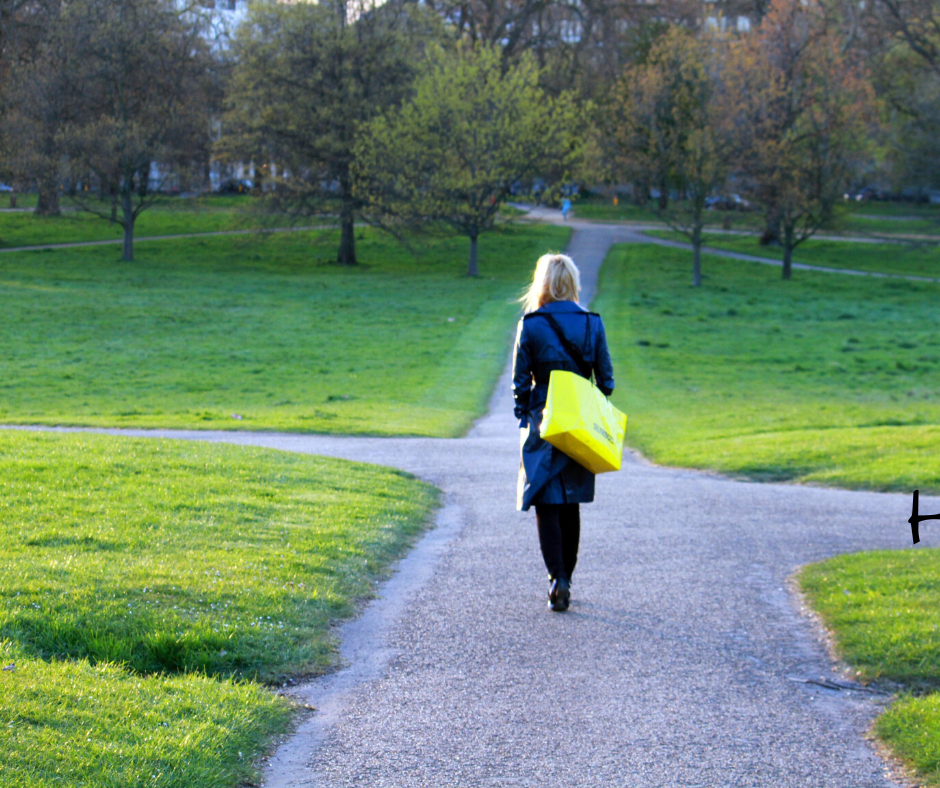This past year I decided to walk away from a friendship I’d had for 11 years. I won’t bore you with all the details but essentially this was one of those faux-friendships — and I didn’t get the memo. I finally realized that there was no “there” there. It was a shallow relationship with the “love you’s” that were never backed up by action or even simply by a deepening of sharing.
It wasn’t a comfortable break-up. And it affected a larger group with which my erstwhile friend and I had both socialized once or twice a year. For a few months prior to deciding to walk away from the friendship, I had been increasingly feeling a bit hurt and perhaps slightly bitter by the one-sided-ness of our friendship. When the “friend” made a snide comment one night, directed toward me, I finally had enough. The relationship went off my radar — for good? I never say never, but I know it was the right thing to do at the time, and I’m freer for it. I’m also not part of that shared group anymore … and that’s okay. The older — and wiser — I grow, the more I realize I just have no room or time or inclination to “suffer fools” in my life
With fools, there is no companionship. Rather than to live with men who are selfish, vain, quarrelsome, and obstinate, let a man walk alone. — The Buddha
All relationships carry with them the potential for change, growth, and ending. As they should. Relationships that are stagnant, or that don’t allow for individuals to grow and change, they’re no good either.
When we have standards for ourselves and for those who would call us friends, it sometimes means that we have very few friends. It sometimes means we have to walk away. That is a brave choice, but it can also be a lonely one. It’s not a “I’m better than them” choice, but it is a “This relationship doesn’t feel good” choice.
We sometimes have to simply “walk alone.”

But how do we do that? How do we walk away and not feel bitter or lonely or ostracized or left out?
We do that by accepting responsibility for our choices. We accept that “alone-ness” does not inherently include “loneliness” or isolation. We build, and build, and many times re-build, the muscles that support our ability and comfort in “alone-ness.” We do this so that we are the resilient, strong, independent individuals that can discern true friends or kindred spirits when we come across them. We’re not hungry for companionship that offers empty calories.
That doesn’t mean we’re not going to feel hungry for soul-satisfying relationships that offer and consistently give life-sustaining nourishment to our hearts and minds. But we’re not starving for those relationships — because first and foremost we nourish ourselves. And sometimes, the best way to nourish ourselves is to walk away — and walk alone.
Stay safe. Be well.

xoxoxxo
MC

